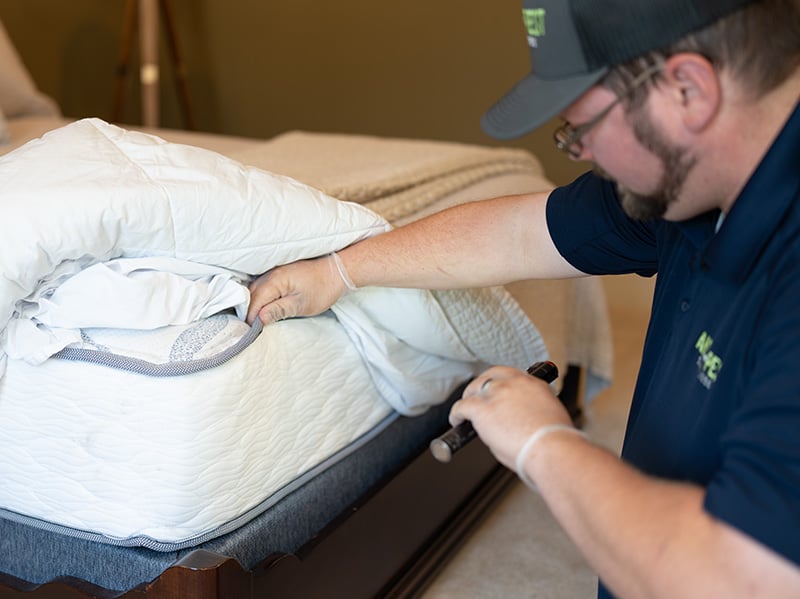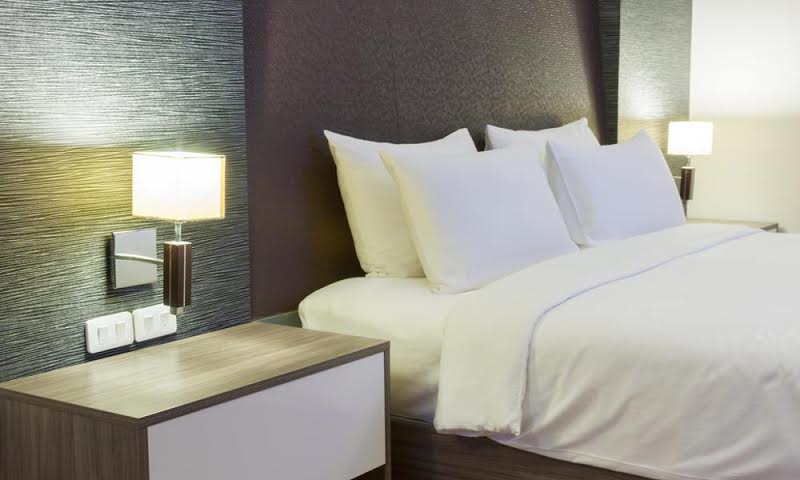Running a hotel is no small feat, especially when it comes to maintaining a pristine environment for your guests. One of the most challenging aspects of hotel management is dealing with pests. Understanding how hotels can prevent pests seasonally not only ensures a comfortable stay for your guests but also protects your establishment's reputation.

The Seasonal Pest Challenge
Each season brings its own set of pest-related challenges. In spring, for instance, hotels might contend with a surge in ant populations, while summer often sees a rise in mosquitoes. Fall can bring an influx of rodents seeking warmth, and winter might introduce bedbugs as guests travel more during the holiday season. To effectively manage these issues, hotels need a proactive and flexible pest monitoring plan.
Implementing a Year-Round Pest Prevention Strategy
To combat pests effectively, hotels should implement a year-round prevention strategy. This involves regular inspections, identifying potential entry points, and deploying appropriate control measures. Hotels can benefit from understanding the differences between traditional pest control and Integrated Pest Management (IPM) strategies. By doing so, they can reduce the reliance on chemical controls and focus on long-term solutions.
Spring: Focus on Ants and Roaches
During the spring, ants and roaches become more active. To prevent these pests, hotels should focus on sealing cracks and crevices, maintaining clean kitchen areas, and ensuring proper waste disposal. Regular inspections can help identify any signs of an infestation early on.
Summer: Mosquito Management
Summer months can be particularly challenging due to mosquitoes. Hotels should ensure all windows and doors have screens and consider installing mosquito traps in outdoor areas. Additionally, eliminating standing water where mosquitoes breed is crucial.
Fall: Rodent Control
As temperatures drop, rodents seek shelter indoors. Hotels should focus on sealing any potential entry points and setting up traps in strategic locations. It's also beneficial to educate staff on signs of rodent activity, as early detection is key.
Winter: Bedbug Vigilance
Winter travel increases the risk of bedbug infestations. Hotels should implement regular bedbug inspections and consider using encasements on mattresses and box springs. Staff training on identifying and responding to bedbug issues is also essential.
The Role of Technology in Pest Prevention
Modern technology offers innovative solutions for pest prevention. Hotels can leverage pest control technology such as smart traps and monitoring systems to detect and respond to pest activity in real-time. These technologies not only enhance efficiency but also provide valuable data for improving pest management strategies.
Furthermore, understanding why proactive pest monitoring saves money can be crucial for hotel management. By addressing pest issues before they escalate, hotels can avoid costly treatments and potential damage to their reputation.
Staff Training and Guest Awareness
Staff training is a critical component of effective pest prevention. Employees should be well-versed in identifying signs of pest activity and understanding the protocols for addressing them. Moreover, creating awareness amongst guests about hotel efforts in pest control can enhance their confidence in the establishment's commitment to maintaining a clean environment.
Conclusion
In conclusion, understanding how hotels can prevent pests seasonally is crucial for maintaining a safe and comfortable environment for guests. By adopting a proactive and comprehensive approach, hotels can effectively manage pest challenges and uphold their reputation in the hospitality industry.

FAQ
Q1: What are the common pests hotels face seasonally?
A1: Hotels commonly face ants, roaches, and mosquitoes in spring and summer, rodents in fall, and bedbugs in winter.
Q2: How can technology aid in pest prevention for hotels?
A2: Technology provides smart traps and monitoring systems that allow for real-time detection and response to pest activity, enhancing efficiency and effectiveness.
Q3: Why is staff training important in pest prevention?
A3: Staff training ensures employees can identify signs of pest activity and understand the protocols for addressing them, facilitating early detection and response.
For more information on pest control in the hospitality industry, you can visit USX Pest Control.
